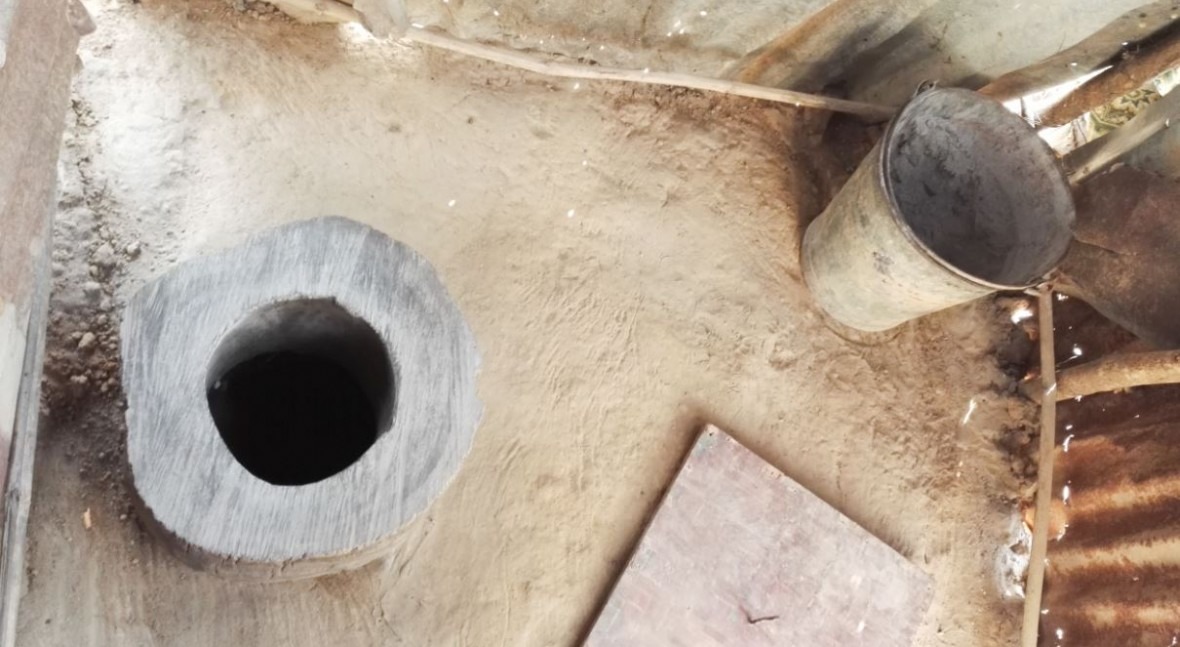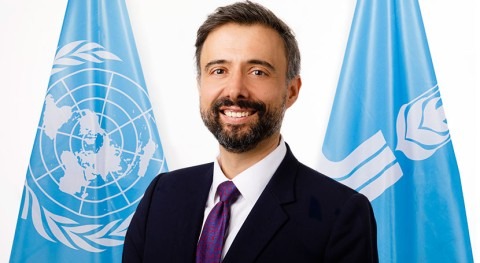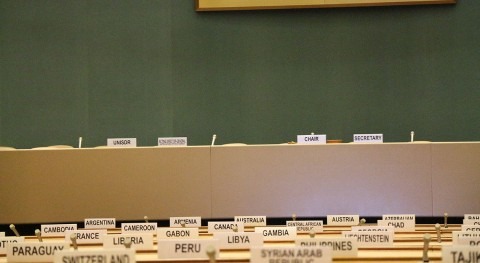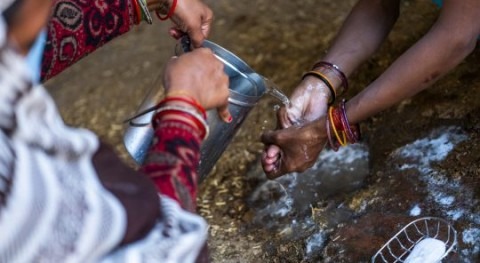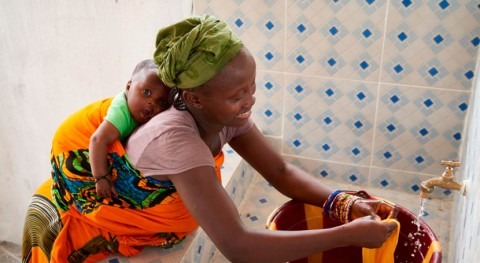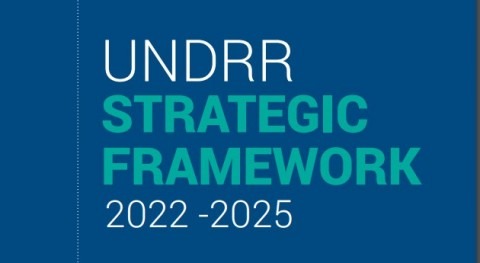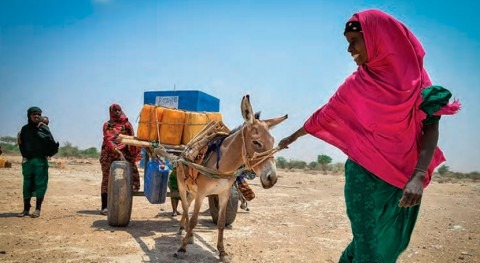Worldwide, 4.5 billion live without access to safely managed sanitation services – in other words a toilet connected to a sewer or pit or septic tank that treats human waste.
On 1 October, World Health Organization (WHO) launched its first global guidelines on sanitation and health.
The new guidelines set out four principal recommendations:
- Sanitation interventions should ensure entire communities have access to toilets that safely contain excreta.
- The full sanitation system should be undergo local health risk assessments to protect individuals and communities from exposure to excreta – whether this be from unsafe toilets, leaking storage or inadequate treatment.
- Sanitation should be integrated into regular local government-led planning and service provision to avert the higher costs associated with retrofitting sanitation and to ensure sustainability.
- The health sector should invest more and play a coordinating role in sanitation planning to protect public health.
Access the WHO guidelines on Sanitation and Health.


